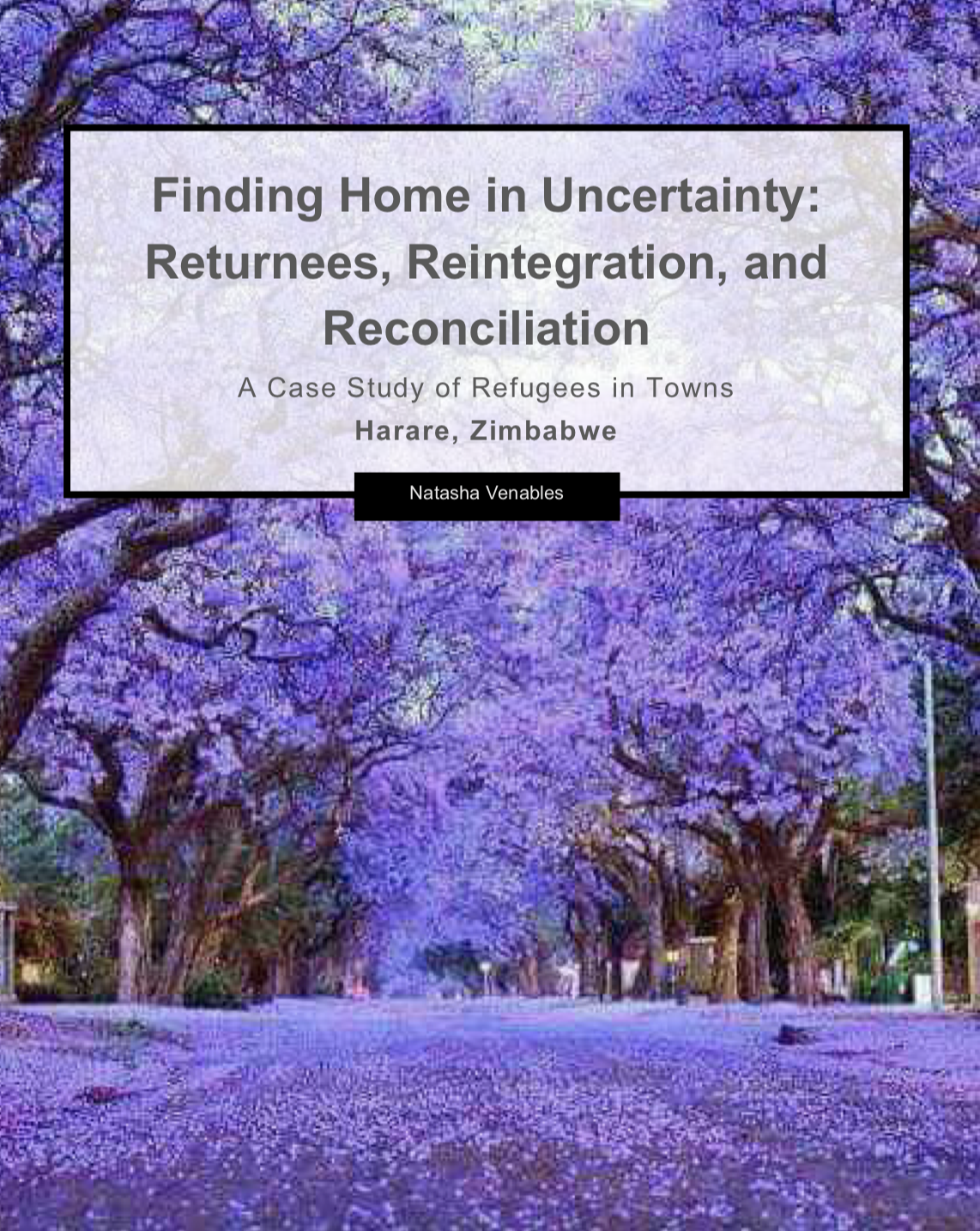The author of the Harare report’s interest in return migration to her homeland, Zimbabwe, stemmed from her desire to return home, knowledge of other people trickling back, and research that showed that most migrants have a desire to return home. The yearning for return increased after the “peaceful coup” in November 2017 when Robert Mugabe, president since independence in 1980, was ousted, and Zimbabweans thought the ongoing violence and economic chaos would abate and conditions would improve. In this report, the author explores voluntary return to Zimbabwe, the reasons people return, returnees’ impact on the city of Harare, and their experiences of reintegration through rediscovering their culture, recreating social ties, accessing jobs and citizenship, and developing a sense of belonging again.
Harare, Zimbabwe: A Case Report of Refugees in Towns

March 2020
ASSOCIATED PROJECT
SUBJECTS
PUBLICATION TYPE
LOCATION
RELATED PUBLICATIONS
This desk study explores how state-owned policies and programs in pastoral areas of the Sudano-Sahel and the Greater Horn of Africa meet pastoralists’ needs and priorities.
•
October 2024
This report outlines an anticipatory insurance product designed to support farmers in the drought-prone regions of Malawi and Zambia.
•
August 2024
The time pressure involved in designing and implementing anticipatory action can discourage the localization of decision-making. Learn more from a cartoon-infused summary of insights.
•
July 2024
Early Warning Systems can reduce deaths and damages caused by extreme weather events, if investors address gaps in communication and planning. Learn more from a cartoon-infused summary of insights.
•
July 2024
This synthesis report reflects upon Phase 1 findings on humanitarian action in pastoral drylands of the Greater Horn and Sudano-Sahel.
•
June 2024
This desk study examines common perceptions of pastoralism among humanitarians and barriers to international humanitarian systems meeting pastoralists’ needs.
•
June 2024






